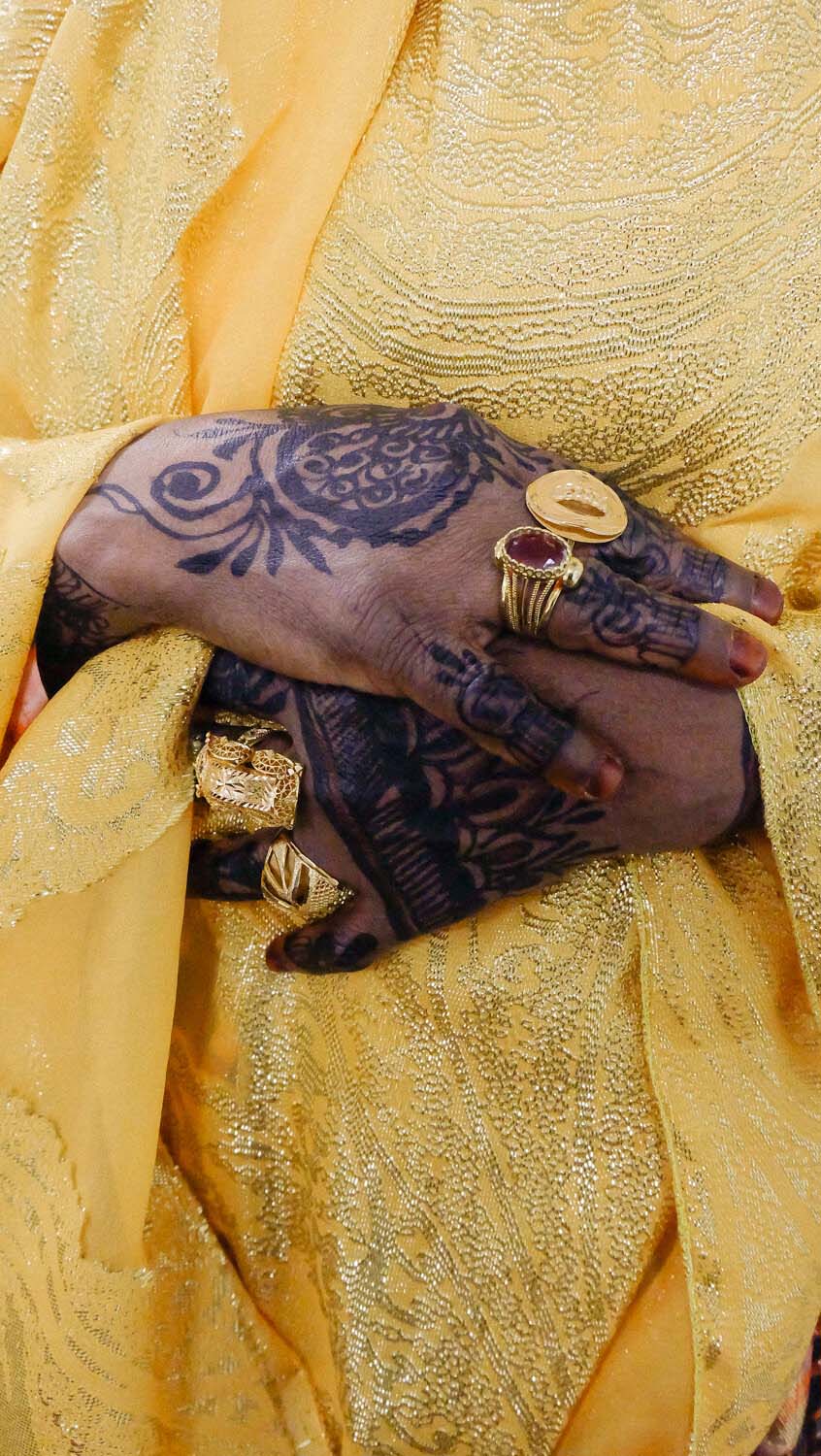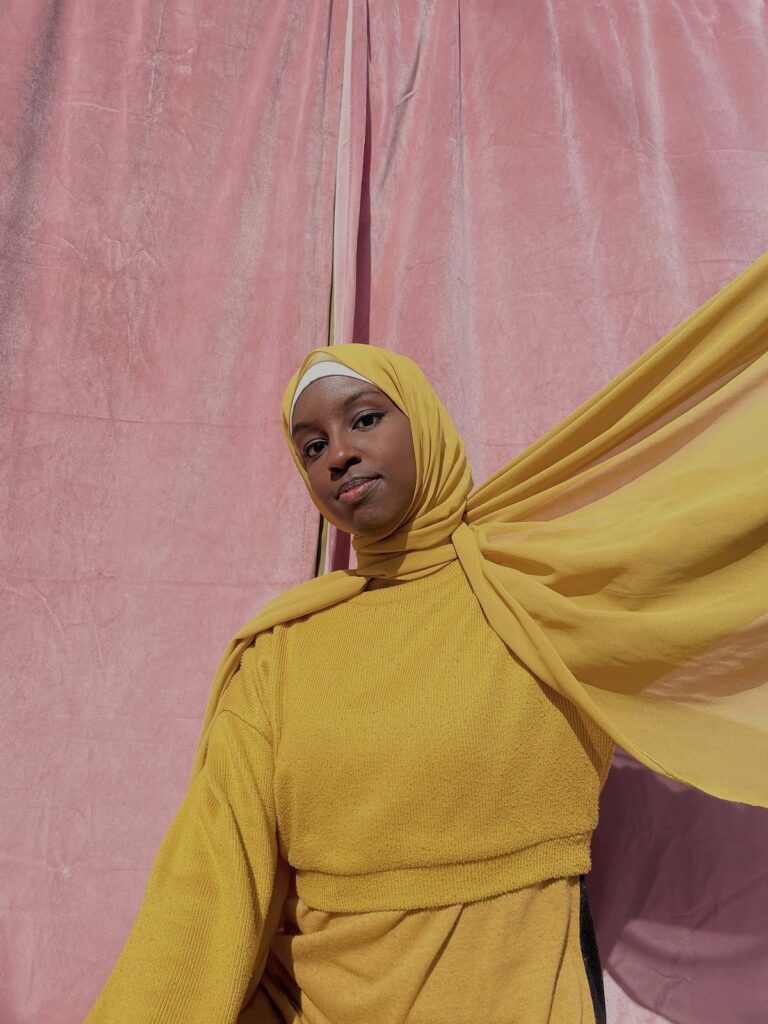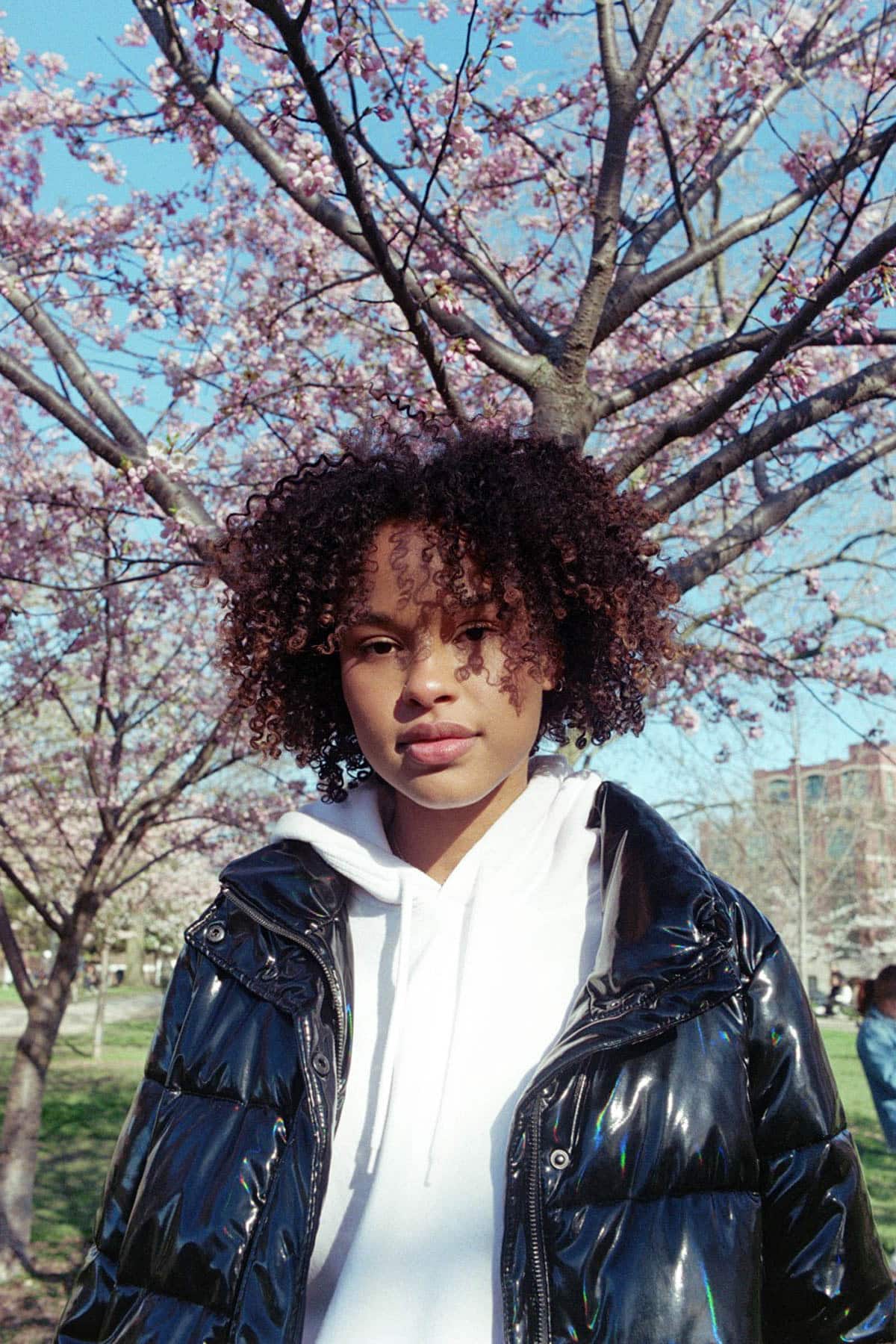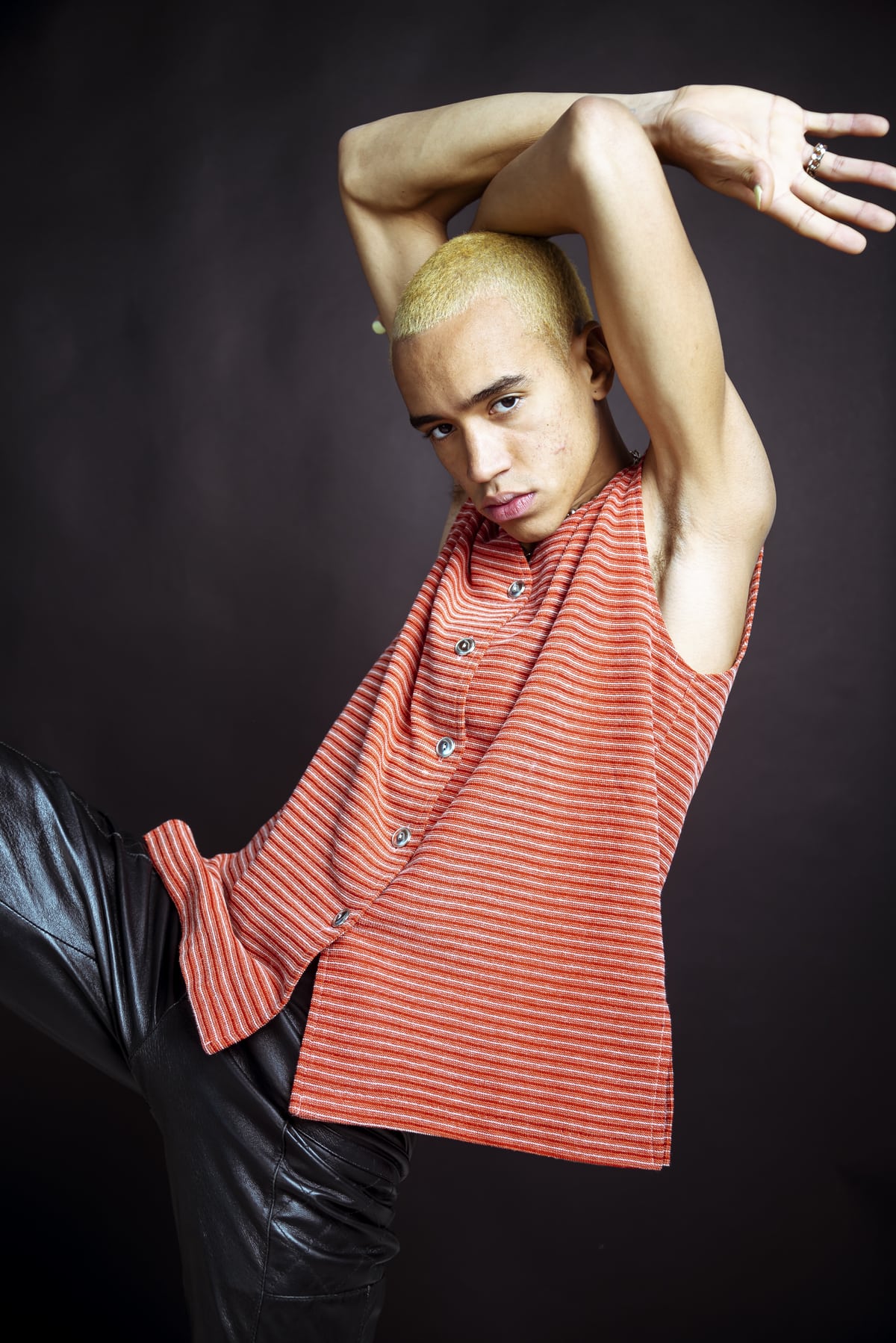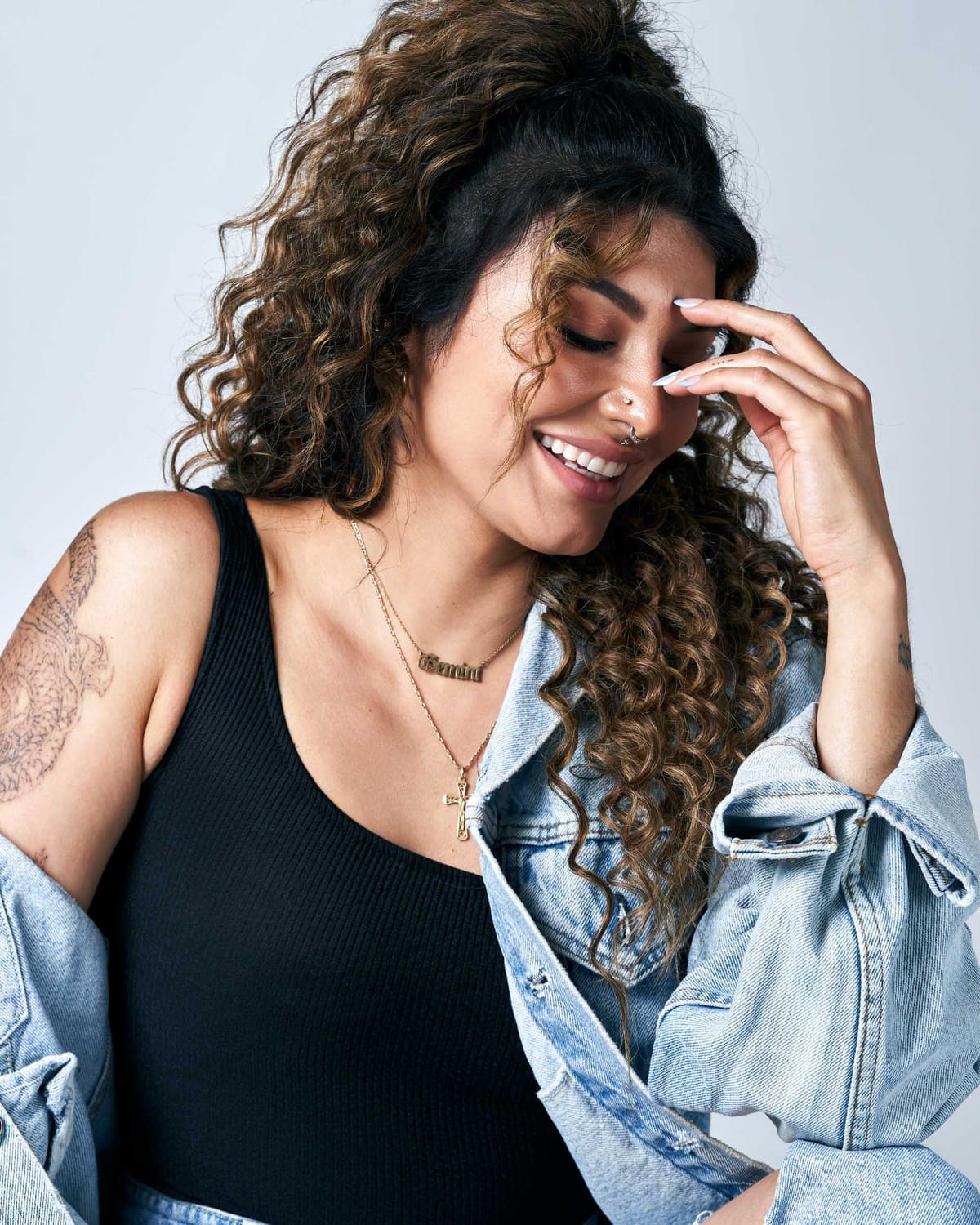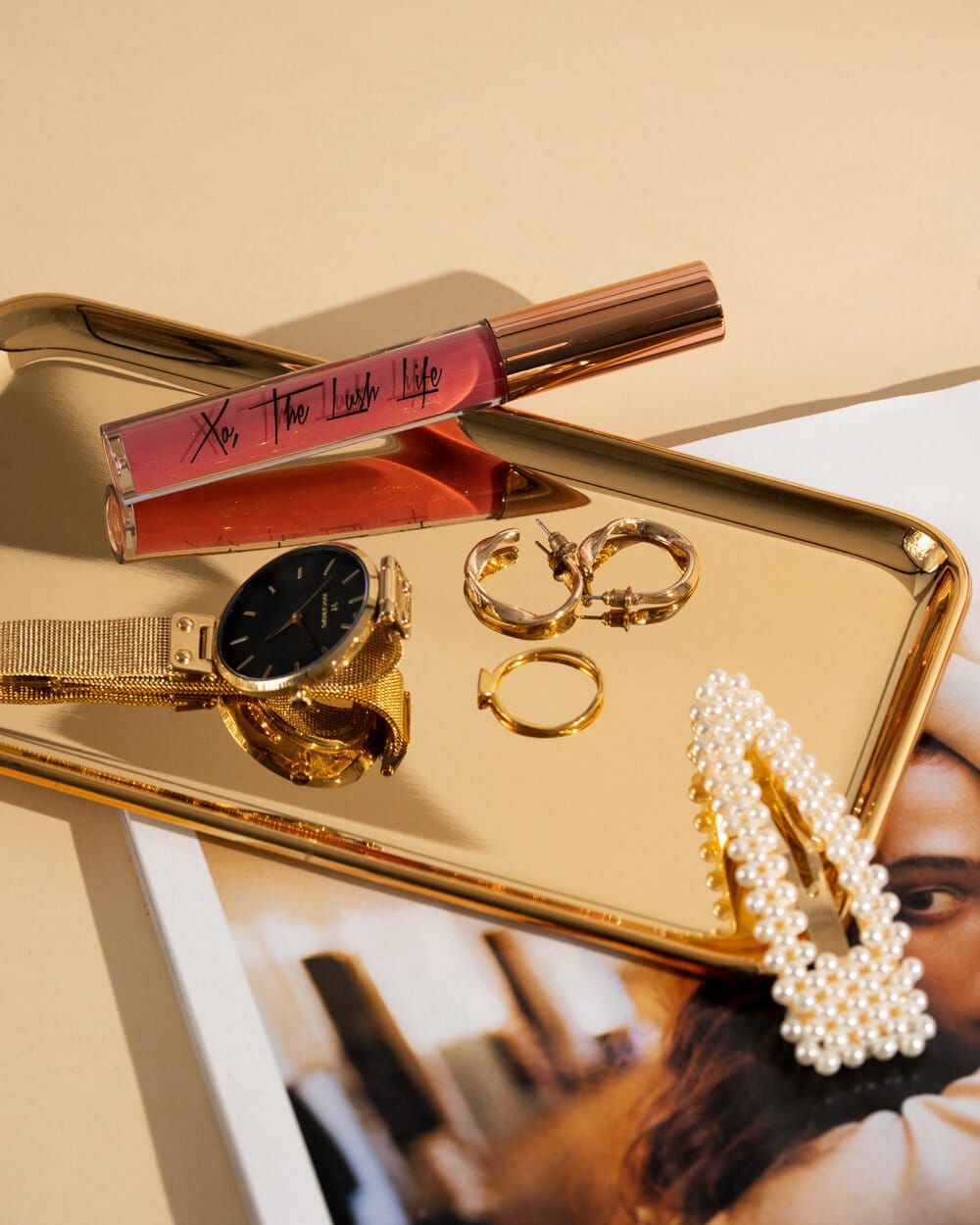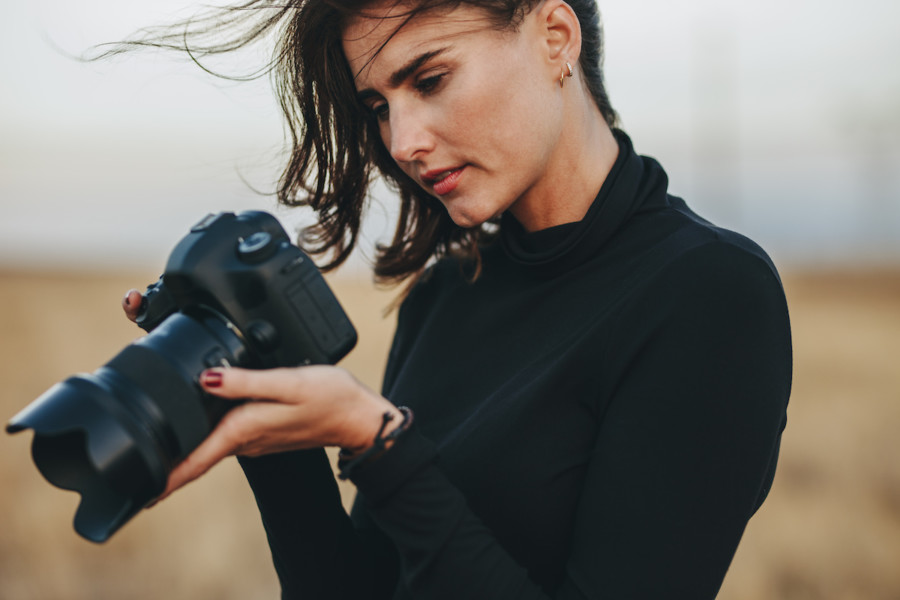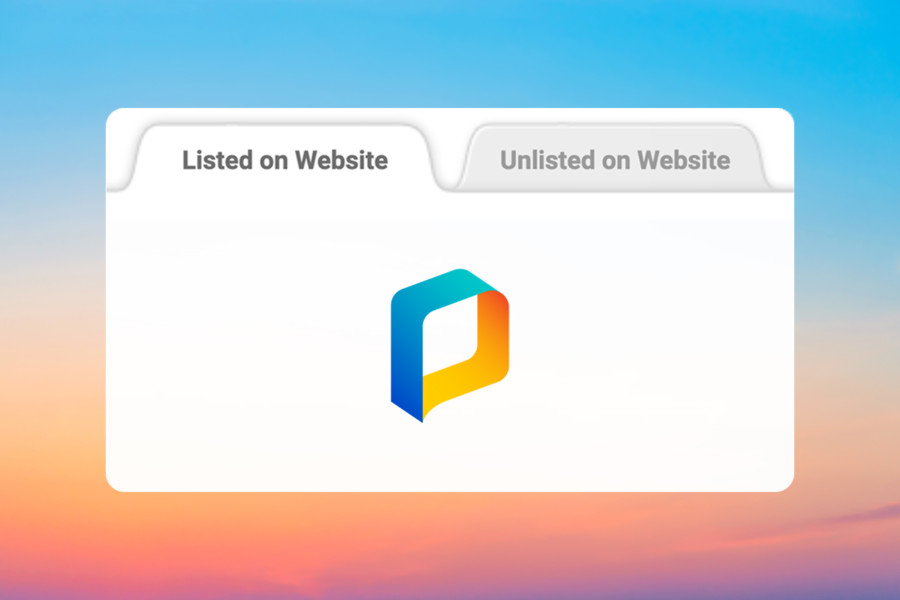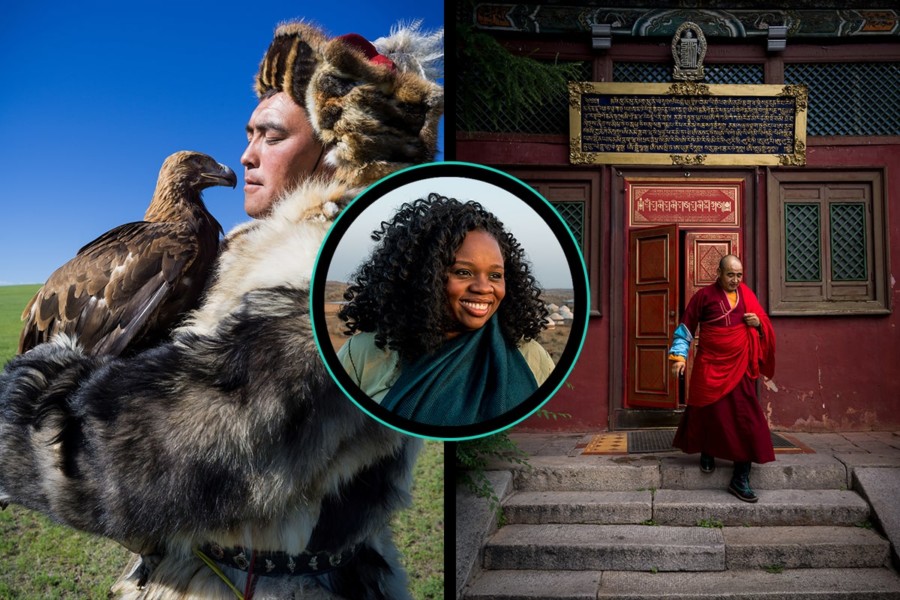Share
Paying it Forward: The BIPOC Mentorship Program Addressing Systematic Barriers Faced by Emerging Photographers
A growing number of databases are championing the talents of Black, Indigenous and People of Color (BIPOC) photographers looking to get their foot ...

A growing number of databases are championing the talents of Black, Indigenous and People of Color (BIPOC) photographers looking to get their foot in the door. Diversify Photo, Black Women Photographers, Indigenous Photograph, The Authority Collective and many other grassroots organizations have made and continue to make great strides in diversifying the lens through which we see the world. For many up and coming BIPOC photographers, though, access to internships and career-defining jobs remain onerous. Enter the BIPOC Photo Mentorship Program.
Heather Morton is a Professor in the Honours Bachelor of Photography program at Sheridan College in Oakville, Ontario. She holds a Master’s Degree from McMaster University in the area of Communication and New Media and has published on the subject of emerging commercial photographic education. Most recently, she founded the BIPOC Photo Mentorship Program (BPM) in the summer of 2020 which has facilitated almost 200 mentorship opportunities for emerging BIPOC photographers in Canada and has involved participants from the US and as far away as Brazil, Sudan and Australia.
“Our mentors and mentees have made long-lasting bonds and enriched each other’s practice immeasurably,” she told me.
I recently caught up with Heather to learn more about the program, how photographers and PhotoShelter members can get involved and what makes a great mentor.
This interview was lightly edited for length and clarity. Cover images by Craig Bagol (Left) and Marybeth De Santos (Right).
PhotoShelter: Can you share a bit about how the program works?
Heather Morton: BPM is essentially a website with a big, evolving list of mentorship opportunities. We don’t “accept” mentors or provide a structure; rather, mentors describe the offering that works for them by filling out a survey that prompts them to think about their particular knowledge base and the skills that they have to share. Some mentors are able to accommodate visits to set, some provide regular business advice via Zoom, and some have formed critique groups with a small group of mentees.
The survey answers then become the mentorship listing and get added to our website where mentees are free to view and search. If a mentee sees something that fits their interests and goals, they reach out directly and the communication carries on from there. BPM has a very basic structure with lots of individual agency on the part of both mentors and mentees to structure and accept the mentorship that works best for them.
Having said that, our website and networks also provide additional support: we include lists of best practices, and we have a resource section on our site as well as a growing suite of opportunities (outside of the mentorship itself) for our mentees.
How can people interested in mentorship get involved?
It’s super simple – go to our website and register as a mentor or a mentee. Technically, mentees can access the list without registering with us, it’s freely available to view, but, as I said above, we do have regular opportunities which go beyond the mentorships themselves which we communicate via email – so I strongly encourage any would-be mentees to fill out the registration form.
What are you looking for from your mentors?
Beyond their general enthusiasm, what I love most about our mentors is the variety of experience they bring to the program. There is no limit to involvement at all, which means we have senior members from all areas of the industry (fashion, documentary, commercial, fine-art, etc.), photographers who have just emerged themselves, and even photo editors, reps and producers.
My philosophy is that any industry experience gives you expertise that someone outside the industry can use; any access to your experience, tools, environment, or whatever, is good access.
Heather Morton
But it’s crucial that mentors can commit to whatever it is that they’re offering. I find that our mentors and mentees very quickly develop a strong communication-based relationship. This means that if things need to shift slightly for you as a mentor, you can likely work that out with your mentee. It’s very important to be upfront about what you’re offering and to work together with your mentee to fulfill that commitment.
Let’s say you’re selected by a mentee, what now?
To clarify, mentors aren’t “selected” by a mentee. Rather, mentees reach out directly to the mentor about mentorships that they are interested in. The mentor then decides how to proceed. But generally, the mentor will pick the mentee(s) that they feel are the best fit and may ask to see some work, hear about the mentee’s goals, and likely meet to discuss the next steps. We very much encourage both mentees and mentors to do their research and make sure that the match feels right on both sides as we don’t vet mentors or mentees at all.
Is there anything else you’d like to add?
As an educator, I am a strong believer in the power of mentorship to close the gap between classroom learning and real-world practice. And in our case, we have many mentees who weren’t able to go to school to study photography so these mentorship opportunities are even more important in giving these young artists tools, feedback, and real enthusiasm about their future in the industry. At the same time, as a former agency Art Buyer, I know that systematic barriers exist. I hear from mentees all the time about the profound ways in which the program has made a huge difference in their photographic practice and to the opportunities that they can now see before them. Without question, this program is changing the future face of the industry to be more inclusive and diverse in terms of participation and perspective. So I’m thankful to all of the mentors and mentees who have participated thus far (total: 280 and counting from all over the world!) and I strongly encourage anyone reading this to get involved.
For more information, check out the BIPOC Mentorship website and follow them on Instagram @bipocphotomentorship.
